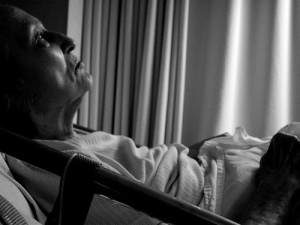Under new laws signed by Gov. Rick Scott on March 26, 2018, Nursing homes and assisted living facilities in Florida will now be required to have generators to provide backup power during an outage.
This legislation was passed in response to the deaths of 12 residents at the Rehabilitation Center at Hollywood Hills in Hollywood, FL during power outages in the days after Hurricane Irma devastated South Florida. The residents died as a result of overheating because of the lack of power to operate the air conditioning system in the facility.
Under the new laws, larger nursing homes and assisted living facilities are required to have enough fuel to run generators for at least 72 hours. Facilities with fewer than 17 beds are required to only have 48 hours’ worth of fuel. Nursing homes will be required to have equipment that maintains a temperature of no more than 81 degrees Fahrenheit (27 degrees Celsius) for at least 96 hours after an outage.
 Pennsylvania Nursing Home Abuse Lawyer Blog
Pennsylvania Nursing Home Abuse Lawyer Blog




